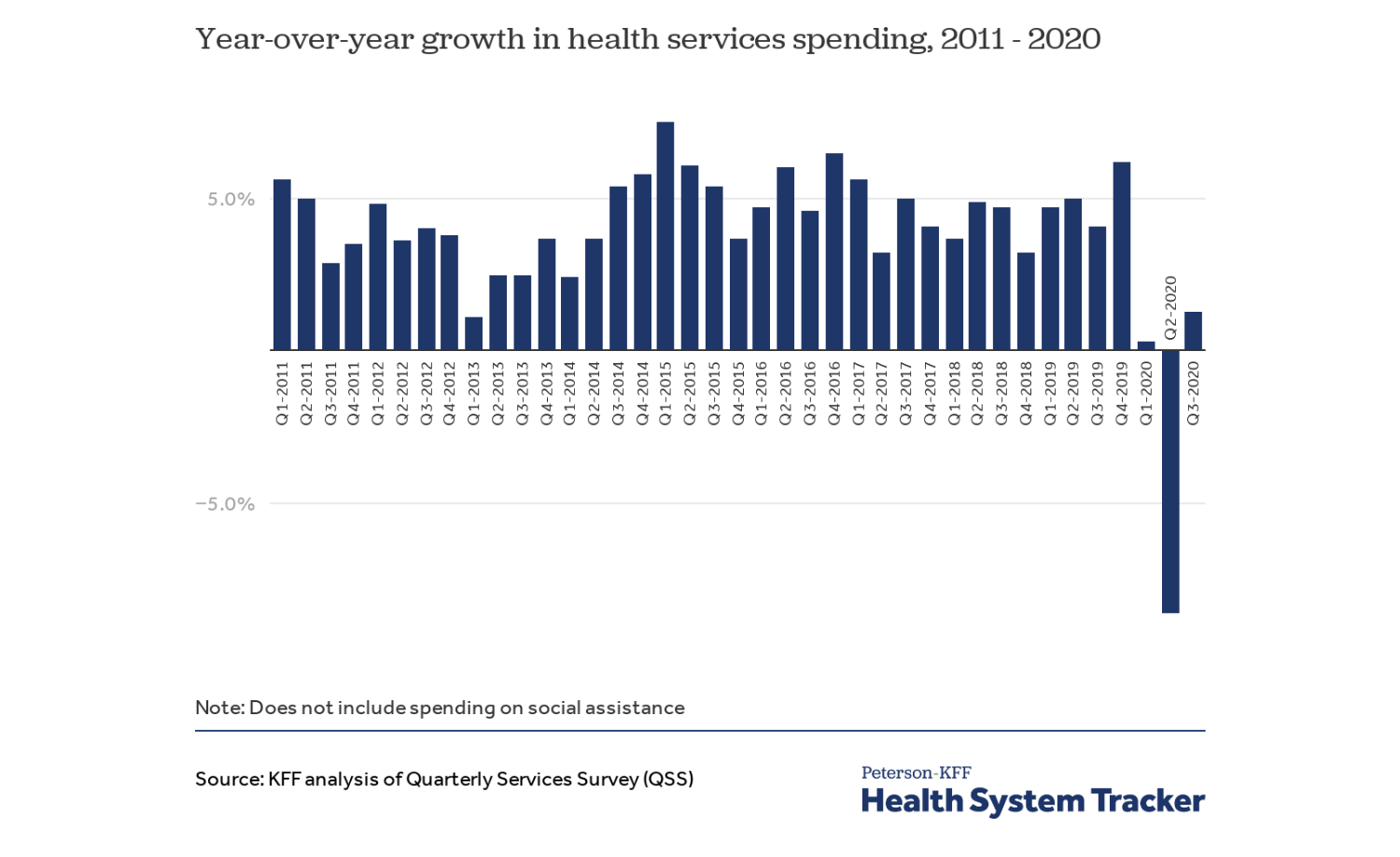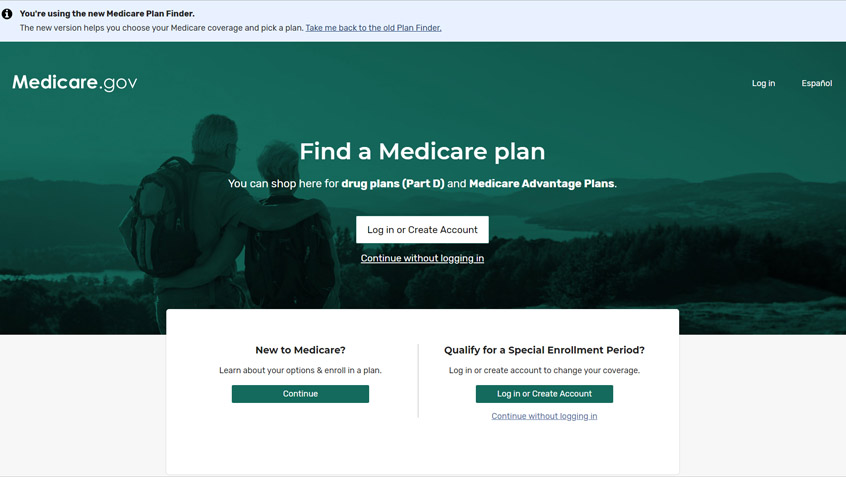
Early Analysis Shows Flat to Decreasing Heath Care Utilization and Spending During the Coronavirus Crisis
At the start of the pandemic, estimates about the impact of the COVID-19 public health emergency, and related economic crisis, on health care spending diverged widely. Some experts predicted increased health care costs due to the expense of treating patients with the novel disease, while others anticipated reduced spending as a result of lockdowns and the deferral of non-emergent procedures and treatments.








